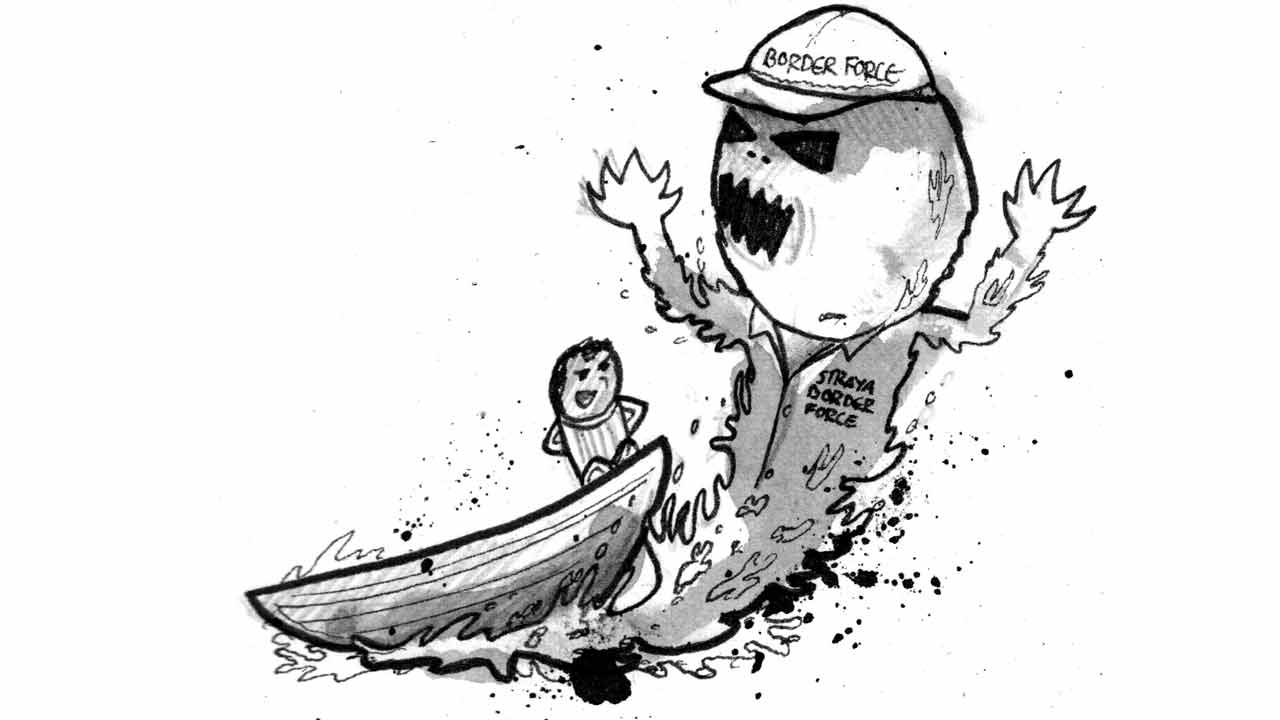This is one of several interviews from the SBS special feature 'Faces of the Rohingya'. Watch Dateline's investigation 'Myanmar's Killing Fields' at the end of the article.
Anwar Ibrahim was one when his parents escaped from Myanmar to Bangladesh and he spent four years there in a refugee camp. Then the family was smuggled by boat to Malaysia, where they lived without rights to work or access to education and healthcare.
When Anwar was fourteen, he boarded a small boat from Indonesia to Christmas Island. He was alone.

“The waves were as big as a mountain,” he recalls.
At the time, he spoke Rohingya, Malaysian and Bengali, but not English. He had always wanted to go to school and, finally, after he was released from Australian immigration detention, he started year nine.
Last year, proud and relieved to successfully complete Year 12, he remembered his first exam: “I was in tears because I didn’t have any clue about maths. I couldn’t complete the tasks.”
Now, he’s 19-years-old, fresh out of school, studying sports and recreation at TAFE, working at a sports centre and playing on the left wing for White Star Dandenong soccer club.
“I really want to be in this country. This is where I belong," he says.
Anwar’s parents and four younger brothers remain in Malaysia, but because he is on a bridging visa, he cannot travel to visit them. They speak every weekend. He also has relatives in Rakhine State.
READ MORE: Faces of the Rohingya
In the violence last year, some of them escaped, some got stuck, and some got killed.
“I don’t want to think about it, because when I do, I can’t focus, I can’t study. Sport gives me a way to pass the time.”
Watch Dateline's 'Myanmar's Killing Fields' below.

